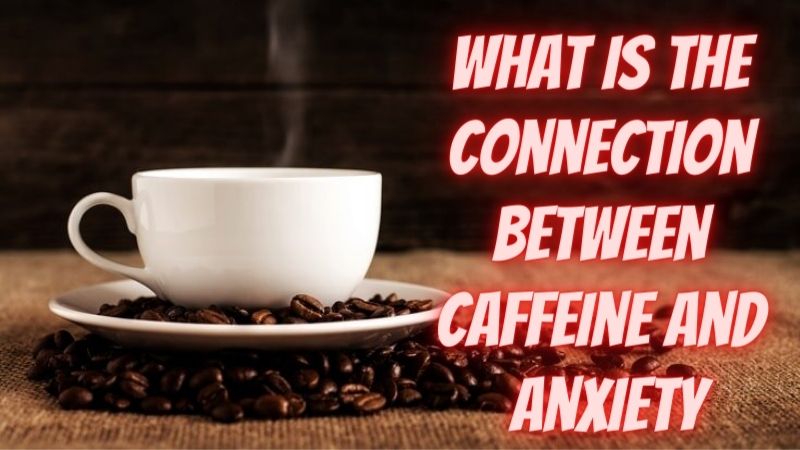There are numerous reasons why someone might choose to consume caffeine. Some people crave the taste of a hot latte or an iced cold soda, while others rely on caffeine for an energy boost to power through a task.
While many individuals are able to use caffeine without negative consequences, others may find that caffeine produces undesirable effects such as increased nervousness, jitters, irritability, and sleep disruption.
Let’s take a look specifically at the connection between caffeine and anxiety levels, and what healthy caffeine use looks like, particularly for individuals who are already living with anxiety disorders.
Caffeine and Anxiety
As caffeine is a stimulant that speeds up body functions, consuming it can trigger symptoms such as increased heart rate, sweating, and feelings of nervousness. Many individuals report feeling restless or ‘on edge’ as a result of caffeine consumption. As these physical sensations mirror those of anxiety, it can be alarming, especially for someone who lives with an anxiety disorder.
For more information about anxiety disorders and other mental health conditions, or to take a depression, anxiety, schizophrenia, ADHD or narcissism test, visit Mind Diagnostics.
Studies have shown that for people who are sensitive to caffeine, consuming just two cups of coffee (or 200mg of caffeine) can increase their risk of anxiety and panic attacks. When consumed in excess, caffeine can lead to extreme anxiety and nervousness as well as physical symptoms such as uneven heartbeat, jitters and shakes, headaches, dizziness, and gastrointestinal distress. While extremely rare, there is the potential for caffeine overdose which can be very dangerous.
It is important to note the potential for caffeine to cause insomnia and sleep disruption. Lack of quality sleep can also significantly impact an individual’s mental health, exacerbating symptoms of anxiety.
Noting the various potential effects of caffeine, that raises the question- how much is too much? How much caffeine is safe to consume on a daily basis without worsening symptoms of anxiety?
Healthy Caffeine Use
The Food and Drug Administration considers up to 400 mg of caffeine to be safe. However, each individual responds to caffeine differently due to the unique way they are wired. Some people are more sensitive to caffeine to others, and may experience unpleasant effects even after a small amount of caffeine.
You might consider assessing how you respond to caffeine and adjusting accordingly in order to mitigate risk on your mental health. Strategies for healthy caffeine consumption include:
Track the impact of your caffeine consumption
Write down how much caffeine you consume each day for a week as well as how you feel. The next week, reduce or eliminate caffeine, and take note of the impact on your anxiety level. This can help you to assess how your caffeine intake may be affecting you, potentially in ways that you didn’t recognize.
Take steps to reduce your intake. If you have decided that you’d like to limit your caffeine intake, you don’t have to go cold-turkey. For example if you normally drink 5 cups of coffee a day, start by drinking 4 then gradually reduce further if you wish. If you don’t consider yourself a daily drinker, resolve to only have coffee on days where you really feel like you need the extra boost.
Be mindful of hidden caffeine. There are many hidden sources of caffeine that you may or may not be aware of. Caffeine can be found in coffee, tea, soda, energy drinks, as well as chocolate and in some over the counter medications. Being mindful of where you are getting caffeine and its impact can help you to determine a healthy amount for you.
Cut off caffeine at a certain time of day. To assure that caffeine consumption does not interfere with your sleep, resolve not to have it after a certain time of day. According to one study, caffeine can disrupt sleep up to six hours before bedtime.
The takeaway
While caffeine can provide many positive benefits, it is also important to be aware of its potential negative consequences on mental health. For individuals living with anxiety disorders, it is crucial to assess if there could be any connection between one’s caffeine intake and heightened anxiety levels, and if so, to move towards healthier caffeine consumption.
